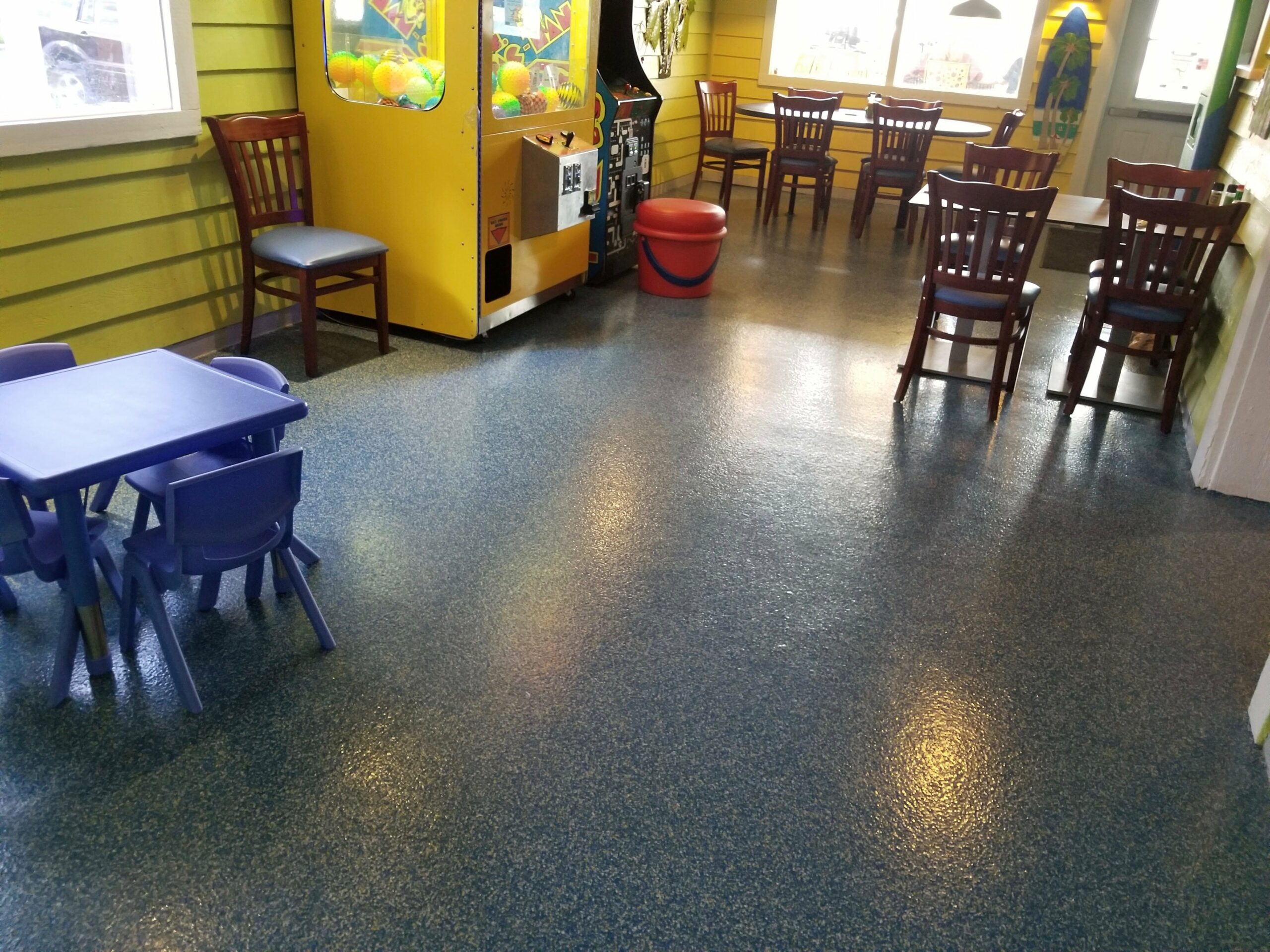Are you looking for the most common signs of foundation issues? If so, don’t hit that back button because you’ve landed on the right page. In this article, we’re going to go over the 5 most common signs of foundation issues, the most common causes of foundation issues, foundation repair methods, and more.
5 Common Signs Of Foundation Issues
Here are ten common indicators that your foundation may be in trouble:
- Floor cracks
- Wall cracks
- Ceiling cracks
- Uneven floors
- Windows and doors that don’t open and close properly
If you’re a homeowner, there’s a good chance you’ll have to deal with foundation issues at some point. While most foundation issues can be fixed relatively easily, they can also be expensive and time-consuming. That’s why it’s essential to know the signs of foundation trouble so you can address the problem early on.
Conduct Routine Maintenance Checks
It’s important to conduct routine maintenance checks on your home’s foundation. This will help you catch foundation issues early before they develop into serious problems that will be more costly to repair. Taking preventative measures is the key to minimizing unpleasant surprises! If the above signs are appearing or seem to only be getting worse over time, it is time to schedule a foundation inspection and assure the integrity of your home’s foundation is safe.

What Causes Foundation Problems?
The most common cause of foundation trouble is differential settlement. This is when a foundation settles into the ground unevenly. While a small amount of uniform settlement is normal after construction and usually nothing to worry about, differential settlement is another matter. Differential settlement can cause severe structural damage if it isn’t corrected.
Differential settlement is caused by various things, including the following:
Inadequately compacted soil – Soil needs to be tamped down before you build something on top of it. If this isn’t done correctly, the structure will settle unevenly into the soil after construction leading to differential settlement.
Expansive soil – Expansive soil contains a high percentage of clay, and because of this, it swells quite a bit as it soaks up moisture and then shrinks as it dries out. This creates movement under the foundation, and over time, this can cause differential settlement.
Natural disasters – Earthquakes, landslides, sinkholes, floods, hurricanes, etc., can all cause differential settlement and severe damage to a foundation.
Weather changes – An example of this would be building on top of expansive soil during the dry season. When the wet season returns, the ground swells, creating movement under the foundation, which can lead to differential settlement.
Excavation next to the foundation – Excavation or construction occurring close to the foundation can cause differential settlement.
Erosion-prone soil – Some types of soil are prone to erosion which could cause voids to form under the foundation. If the foundation sinks into the voids, it will lead to differential settlement.
Improper Drainage – Proper drainage around the home is another factor that could lead to the foundation experiencing settlement a lot quicker than expected. Water needs to properly drain away from the foundation. In some cases a french drain can help with foundation issues.
Are you wanting your free no-pressure estimate today? Click here and we can help answer any questions you may have.







